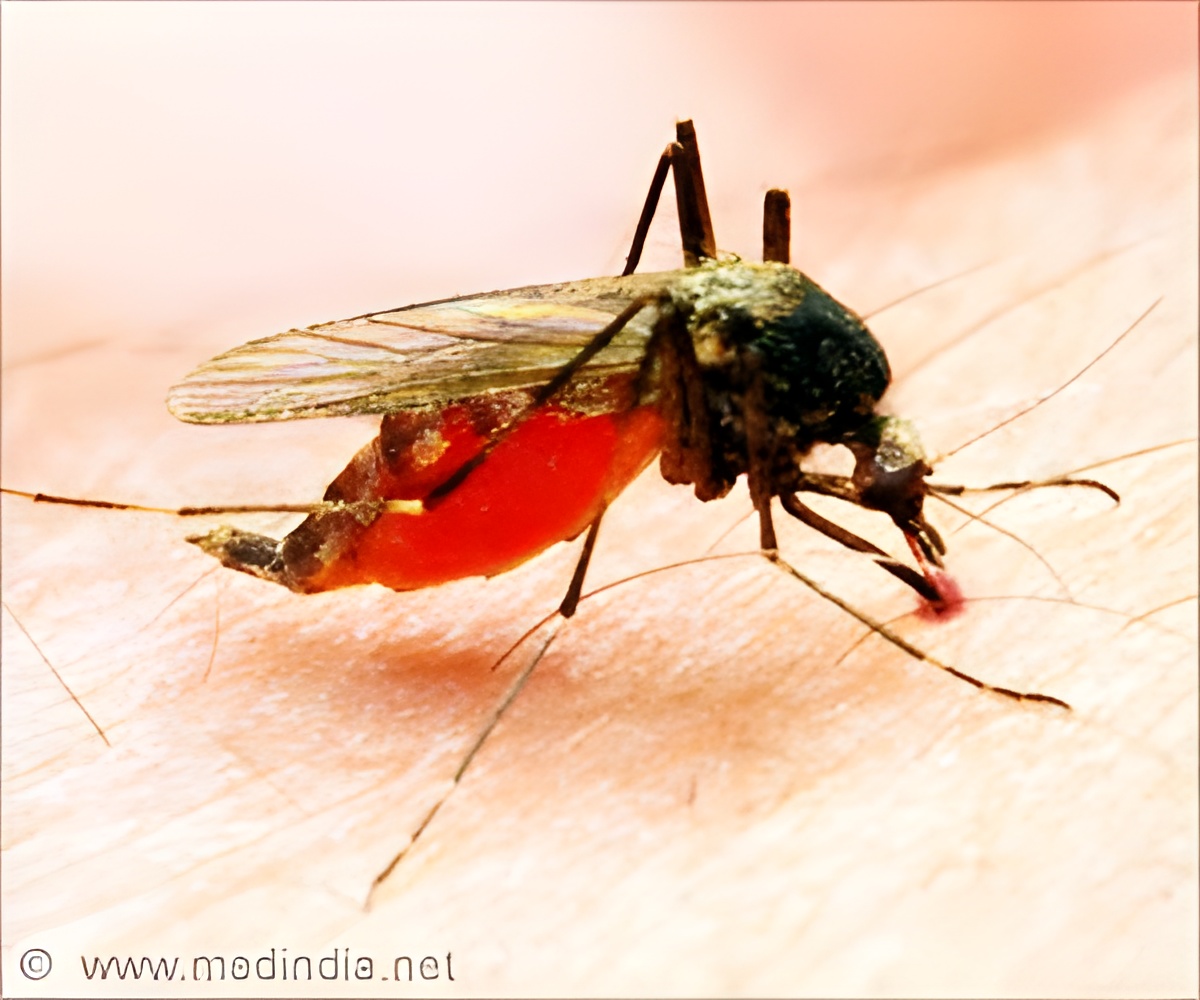
‘India has nearly halved the number of reported malaria cases between 2000 and 2014 -- from two million to 1.1 million, according to WHO.’
Tweet it Now
India's goal aligns with the World Health Organisation (WHO) targets for elimination and the 2014 East Asia Summit pledge made by Prime Minister Narendra Modi and 17 other leaders to achieve a malaria-free Asia-Pacific region by 2030. "India's recent success in eliminating polio shows what can be done when political commitment is strong," Sir Richard Feachem from the Global Health Group at UCSF said in a statement on Wednesday.
"With vigorous action in the low-burden states, and renewed efforts in all states, India can reach the historic goal of malaria-freedom by 2030," Feachem added.
India had the highest malaria burden in the Asia-Pacific region, with more than one billion people at risk of infection. However, according to WHO, India has nearly halved the number of reported malaria cases between 2000 and 2014 -- from two million to 1.1 million.
Some states and union territories (UTs) in India are clearly on the path to elimination, but others are not. Fifteen low- and 11 moderate-burden states/UTs in the country are targeting elimination by 2022.
Advertisement
The annual meeting of the Malaria Elimination Group in 2015 was held at Swaziland in Africa, in recognition of the country's success in eliminating malaria.
Advertisement











